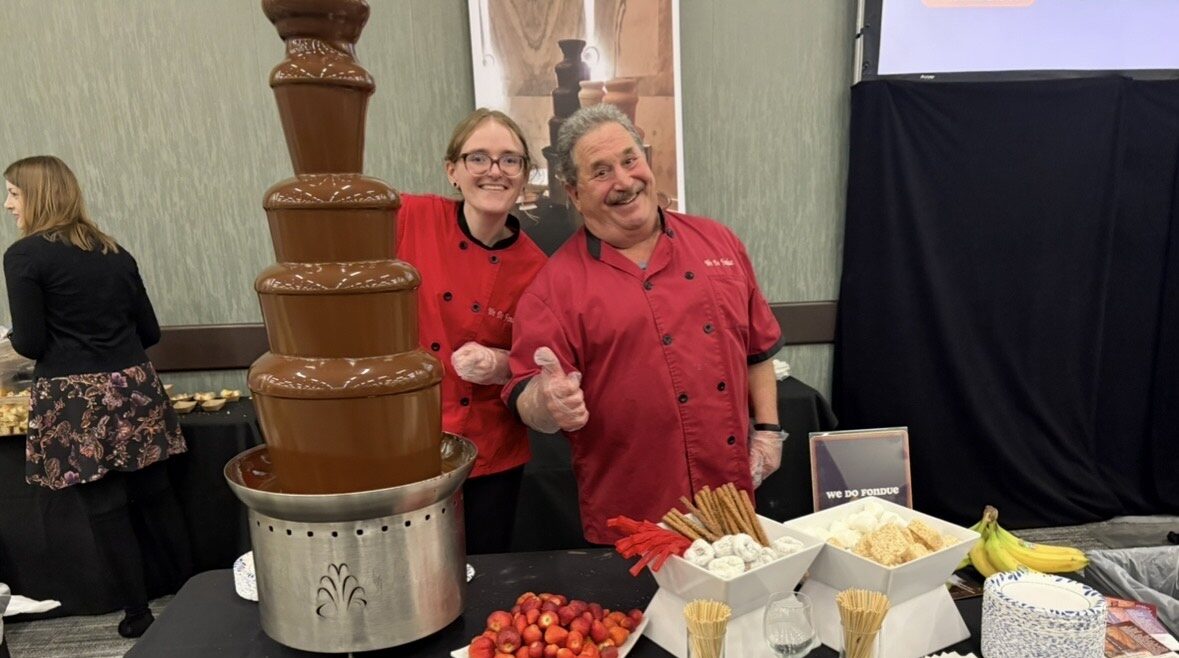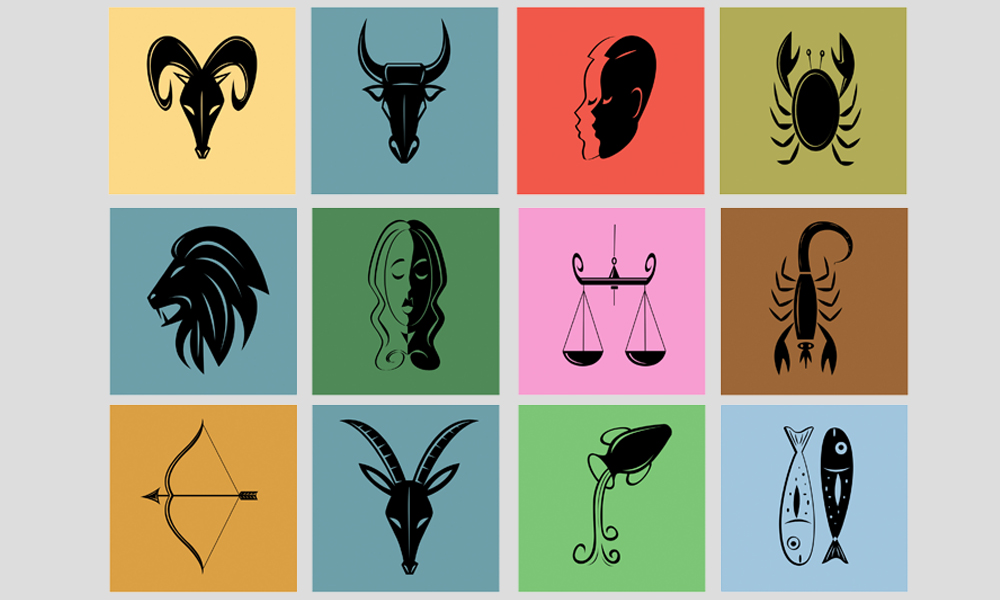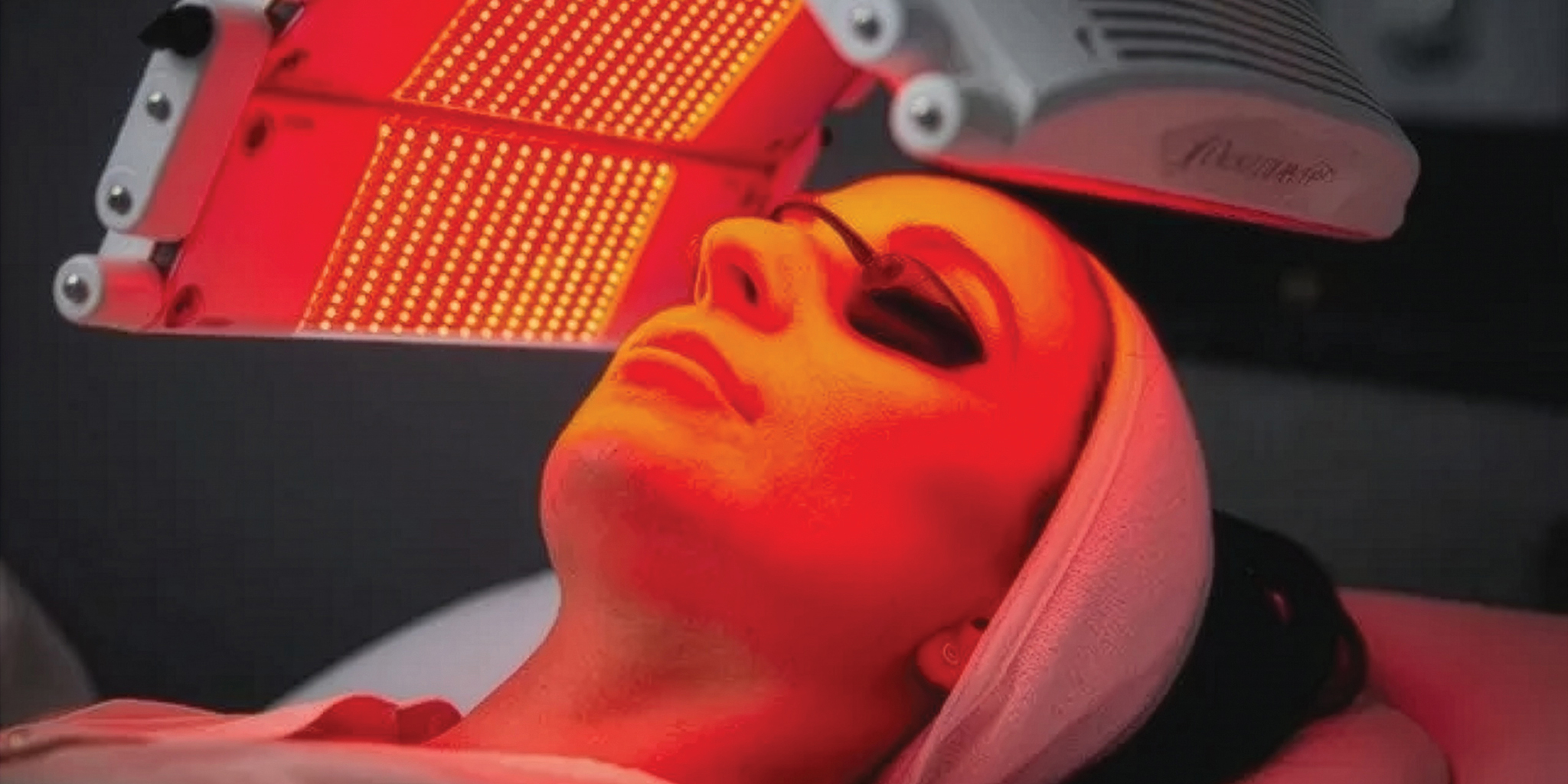Photography by Dakota Gilbert
Sure, the 518 is home to traditional American sports of all sorts: baseball, football…You name it. But there’s so much more to explore when you look beyond the basketball court. This story is part of a larger section featuring Capital Regionites who are channeling their athletic energy into the more niche sports of table tennis, roller derby, and cricket.
In Asia, table tennis is a serious sport, with youth programs, professional leagues, and tables available in public parks and community centers. China has named table tennis the country’s national sport, and a Chinese table tennis player has won gold in every Olympics since the sport’s Olympic debut in 1988.
The US, on the other hand, has never even medaled in table tennis at the Olympic Games. And it makes sense why: There aren’t many opportunities to play in the US. Michael Krajeski wants to change that.
“I started out at Hudson Valley Community College, and I joined the ping pong club,” says Krajeski, who grew up playing football and running track. “It was so welcoming, and from a social aspect, it felt so inviting. I wanted to pass that along, so after I graduated, I was like, ‘Where are there places in the community to play?’”
When his search came up fruitless, Krajeski took matters into his own hands. In 2022, he launched All+ Table Tennis with four tables and a dream. All+ now operates with 12 tables out of Elks Lodge #49 off Albany’s Madison Avenue a few nights a week, offering open play, leagues, lessons, and tournaments for players of all abilities. (Intimidated? He’ll help match you up with an opponent of similar ability.) You can sign up to be a member for $55 a month and receive unlimited open play access, prepay for 12 discounted days, or pay $10 per visit.
All+ has already partnered with local colleges to provide student discounts and with organizations like the Parkinson’s Foundation to make their tables available to a wider audience. Krajeski says his next frontier is connecting with public schools, possibly on summer camps, and, most importantly, finding a dedicated, full-time space for All+.
“Everybody tells me, ‘Oh, I used to play back in the day; I had a table in my basement,’” Krajeski says. “We love to see people’s eyes light up when they get back into it. Or even when they learn it for the first time, and they find out they love it. They’re part of the community from that point on.”







